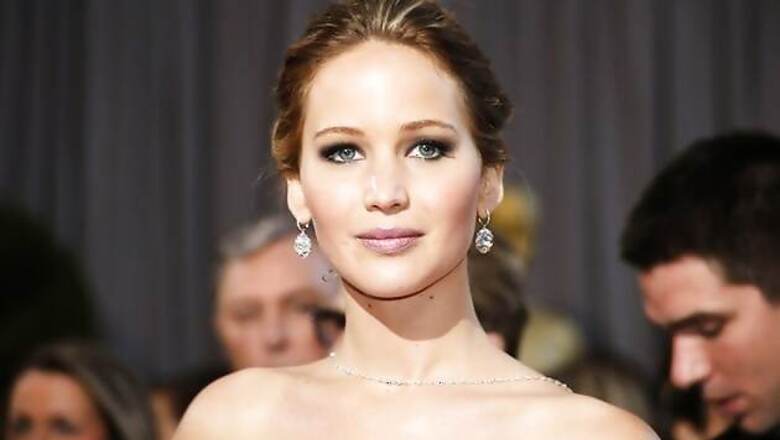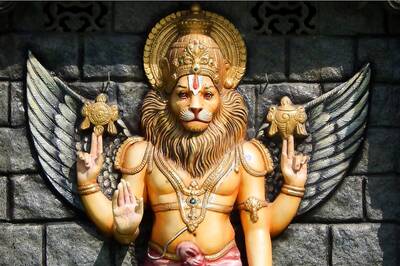
views
Los Angeles: Already hounded by paparazzi on their doorsteps, celebrities face a new battle to protect their privacy from hackers willing to splash their most intimate behind-closed-doors photos online.
After the massive release of naked photos of stars including Oscar-winner Jennifer Lawrence, some experts said it should be treated as a sex crime, rather that just an Internet or privacy breach.
"We are going through times where hackers will try to seek our information. Celebrities are at risk but also CEOs and politicians," said Jules Polonetsky, head of the The Future of Privacy think-tank.
It is difficult to know the hackers' motivation, whether it is to "embarrass women or show off their technical skills," he said.
"It doesn't appear that money was the goal," he said, in contrast to the huge sums that can be made by paparazzi photographers by selling their pictures to tabloid publications.
"There is a natural curiosity about celebrities... The Internet unfortunately breeds some nefarious, immoral behavior," added one Hollywood agent, who requested anonymity because of the sensitivity of the subject.
For Polonetsky, "this is a sex crime more than a leak" -- a view expressed by a number of celebrities themselves on Twitter following the weekend hack.
"Remember, when you look at these pictures you are violating these women again and again... The person who stole these pictures and leaked them is not a hacker: they're a sex offender," said "Girls" creator Lena Dunham.
The leak of private celebrity images recalls a similar case from 2011, in which a hacker broke into the email accounts of stars including Scarlett Johansson, Mila Kunis and Christina Aguilera.
Christopher Chaney, 36, was jailed for 10 years and ordered to pay $76,000 to victims, after pleading guilty in a deal with prosecutors. He could have been jailed for up to 121 years if he had been convicted on all charges.
Keeping data private
The celebrity agent - contacted by AFP as tech giant Apple admitted Tuesday that some accounts had been hacked in "targeted attack" -- said managers, lawyers, personal assistants and publicists may have to do more.
"It's an area, data security, that we're still learning about... It's an area that industry has to speed up on," he said, adding: "I think it will definitely spur action to secure their private content.
"It will affect the way people think about the cloud and will change their behavior," he added.
Celebrity lawyer Gloria Allred told AFP that public figures needed to understand the risks posed by ever-advancing technology.
"If you wouldn't want to see it on tomorrow's front page don't sent it via unencrypted email or store it in public cloud services, or on your cell phone for that matter," Allred said.
The vulnerability of passwords is at the heart of the latest photo hacking, said Polonetsky. "It appears this was not an infrastructure flaw ... that it was done by programs that work to withdraw passwords," he said.
"When you're a celebrity, we know a lot of things about you ... where you were born, your elementary school, your pet's name," he said.
Stars should definitely consider using password management systems, which generate complicated passwords and remember them. That or so-called "two factor authentication," where verification codes are sent to a cellphone.
To be even more secure, "finger scanners in the future could be a good protection," he said, making it impossible to retrieve content without its owner being physically present.

















Comments
0 comment